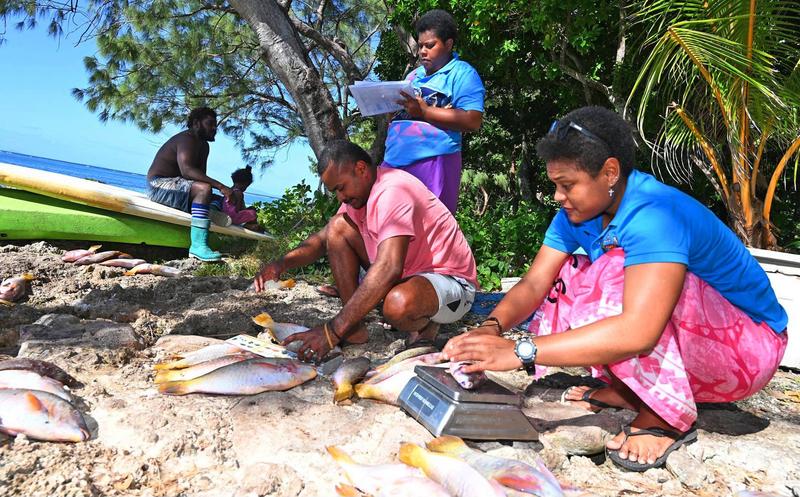The government has endorsed the Commercial Use of Marine Areas Bill 2025, clearing the way for the return of proprietary ownership of marine areas, or qoliqoli, used for commercial activities — chiefly tourism — to their customary owners.
Once passed by Parliament, the Bill will repeal the Regulation of Surfing Areas Act 2010 and establish a new framework that the government says is fair, transparent and grounded in the rule of law. The measure is expected to be tabled during the two-week sitting that began 24 November.
The Regulation of Surfing Areas Act was introduced by the former Bainimarama administration and “wholly and absolutely” vested ownership of all surfing areas in the Lands Director on behalf of the State, “without any compensation being payable to any person.”
At the time, the government argued the Act would revive Fiji’s surfing industry by “opening up cloud breaks and removing exclusivity.” Then tourism minister and attorney-general Aiyaz Sayed-Khaiyum, who led the policy, said it aimed to unlock economic opportunities and ensure “locals [could] participate in the industry in so many ways…”

The Rabuka government now says the 2010 law will be replaced with a framework that restores the traditional rights of iTaukei communities over marine areas currently used for commercial operations. Under the new Bill, qoliqoli owners would regain proprietary control, while commercial operators would be required to align their activities with arrangements deemed equitable and culturally appropriate.
According to Cabinet, the reversion of ownership will be undertaken “in accordance with the rule of law and the principles of natural justice,” with affected parties participating actively in the process. The framework will also empower existing indigenous institutions to take a central role in administering marine areas, strengthening local involvement in resource management.
The government says the Bill is intended to deliver long-term benefits to iTaukei communities by recognising traditional ownership, enhancing participation in the oversight of marine resources and ensuring commercial tourism activities operate on terms that respect customary rights.
With the legislation now cleared for introduction, Parliament will decide whether the long-standing debate over the control of Fiji’s marine areas will shift decisively back into the hands of traditional owners.










